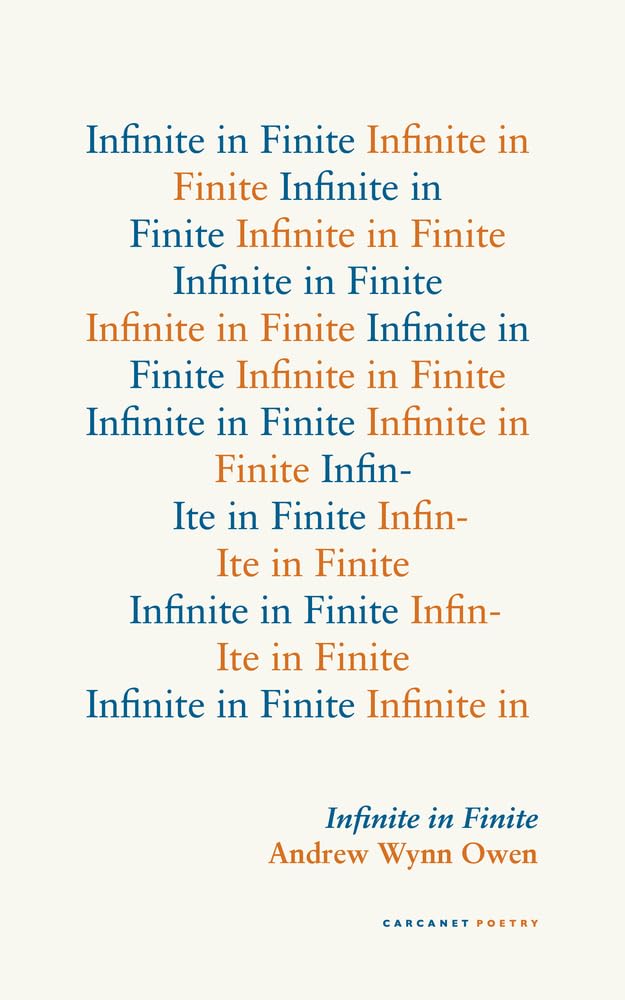During the COVID lockdowns I wrote an article about why people seemed to be reading and writing more poetry. For one thing, they had more time. For another, of course, they were unhappy. But there was more to it than that.
Among the poets I spoke to was the young British writer and All Souls Fellow Andrew Wynn Owen, who saw a connection between the physical constraints of lockdown and the formal constraints of poetry. Being locked up, he suggested, was putting people in the mood.
Which left me wondering if the most conducive costume for reading poetry might not be a straitjacket—particularly for anyone strapping in for a session with Owen’s own work, which takes formal constraints to an extreme. It is unfashionable in that sense. Yet at its best, it’s a dazzling gift for readers sharing the preferences of my former boss Auberon Waugh, who liked his verses to “rhyme, scan and make sense”.
So for Owen’s latest collection, I donned a straitjacket and got stuck in. Thus constrained, I was better able to appreciate the strict verse form Owen has pioneered for Infinite in Finite—the newly coined De Bruijn Stanza, as he calls it, which alternates rhyming dimeters, trimeters, tetrameters and pentameters following an austere system connected with the eponymous number sequence of the Dutch mathematician Nicolaas de Bruijn. It’s fiddly. Yet Owen has made it and mastered it. So much so, in fact, that he here pulls off a 99-poem sequence in the format, which is a serious achievement in itself.
The risk of his writing is that it can sometimes seem to be mere “language games”, as he confesses. But when he matches the subject to the style, it can be wonderful. In his previous collection, The Multiverse, he managed it in the poem Kite, where the sentences ducked and wove in a way that mimicked what they described.
We get it here again in an agile stanza celebrating the agility of a squirrel.
A foible-burst of lightning,
Fracturing over a water-feature
And we see it, too, in a painstaking tribute to the pains taken by a carpenter.
The imperceptible expanding
Of inner space by scraping of a thumb
Owen has now moved to Austin, Texas, where he teaches philosophy. Yet when he wrote these poems he was cloistered at All Souls College or strolling in the University Parks with his dog Charlie. He likes things to be just so, and when they aren’t, it bothers him. He admits this in one of the excellent, if rare, love poems in the collection, called Repast. There he remembers a dinner in a restaurant during which he narrowly avoided mistaking his date’s quizzical manner for indifference. The near-miss haunts him.
I reconcile
With loss, it’s true, but not the way,
All the quiet while,
Love slips between our fingers every day.
In another, more passionate moment, he embraces, for once, the fleetingness that is essential to the experience of happiness. Out swimming, he and a girlfriend spy a swarm of reef squid and are briefly mesmerised.
You a lithe daughter
Of dunes, salt, sunflare, laughing through your snorkel,
I thunderstruck by all
Beauty’s wild happening, mind blown, as a cork’ll
Leap, shuttle, fall.
Owen, who as a philosopher specialises in aesthetics, offers us a poetry of constraints. His title here is borrowed from Robert Browning, who in a letter to John Ruskin described “all poetry” as “putting the infinite within the finite”.
Yet the phrase “Infinite in Finite” has another origin, too, as only I know. When I wrote to Owen during lockdown, I told him I had invented a new verse form called the anaganag, which requires that any sequence of letters must be repeated in such a way as to form different words. (A short example would be the phrase “sexists exist”.) Owen replied by attempting a few anaganags of his own, including this stirring ode to our capital:
Superb London. Super. Blond on
Grey stone. Greys to neon electric
On electric. Crystal
Act, it eschews night.
Cry, stalactites! Chews night.
These are language games but fun ones. And I was thrilled to realise that Owen’s title for his latest dexterous collection is itself anaganagic.

